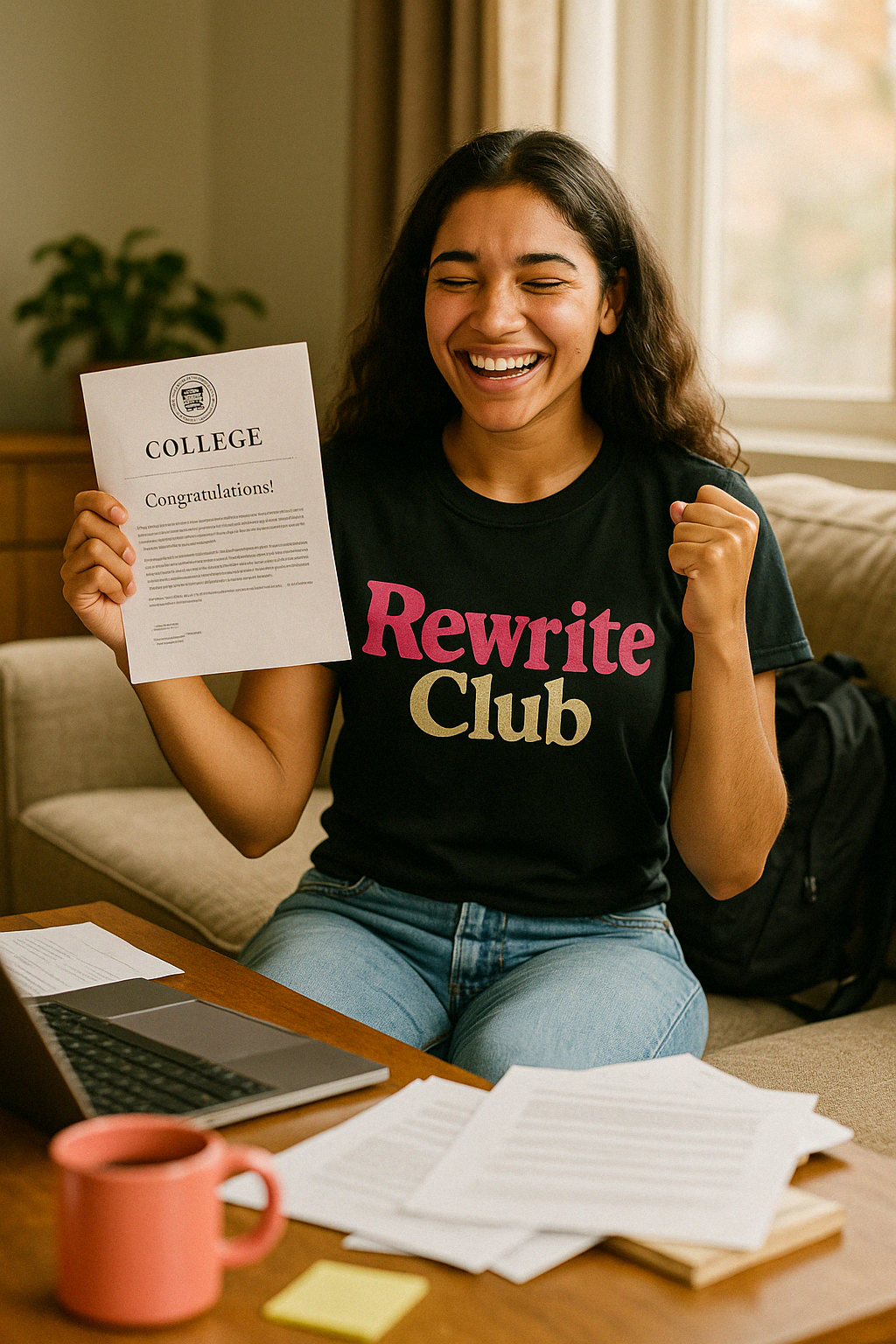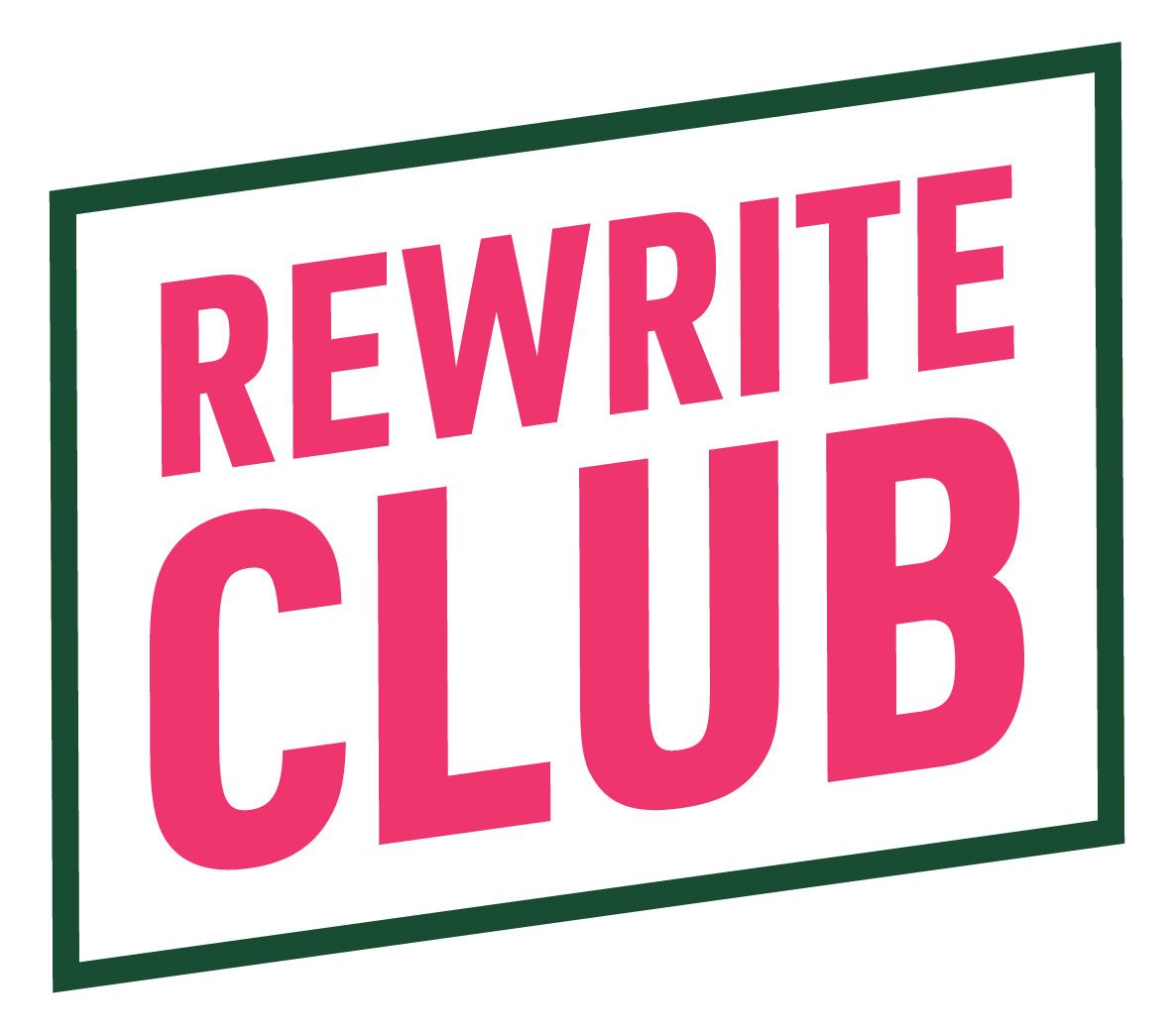Dos and Don'ts of Self-Proofreading
How to Proofread Your Own College Essay (Without Missing the Big Stuff)

The Art of Self-Proofreading
You've written your college essay draft. Congratulations! But before you send it off, you'll want to make sure it's polished. Proofreading your own work is tricky: your brain fills in what you meant to say, not always what's on the page. Here are some key dos and don'ts to catch mistakes before you hit submit.
Dos:
✅ Take a break: Step away for a few hours (or even a day) before rereading your draft. Fresh eyes spot errors.
✅ Read out loud: Awkward phrasing and run-ons jump out when you hear them.
✅ Make Sure You're the Star: It's okay to mention how others have inspired you while telling your story, but make sure your essay focuses on you.
✅ Focus on one issue at a time: First spelling, then punctuation, then flow.
✅ Ask yourself: Does this sound like me? Proofreading isn’t just about grammar; it’s about making sure your authentic voice comes through.
Don'ts:
❌ Don’t rely only on spellcheck: It misses homophones (their/there) and context errors.
❌ Don’t proof in a rush: Typos love to hide when you’re pressed for time.
❌ Don’t make it too formal: Admissions officers want personality, not a research paper.
❌ Don’t skip the big picture: Even if grammar’s perfect, a confusing essay won’t land.
❌ Don’t assume one draft is enough: Great essays are rewritten, not just written.
Let's Do This!
Self-proofreading helps, but no one catches every mistake in their own work. That's why we offer affordable proofreading at Rewrite Club, designed specifically for college essays.

